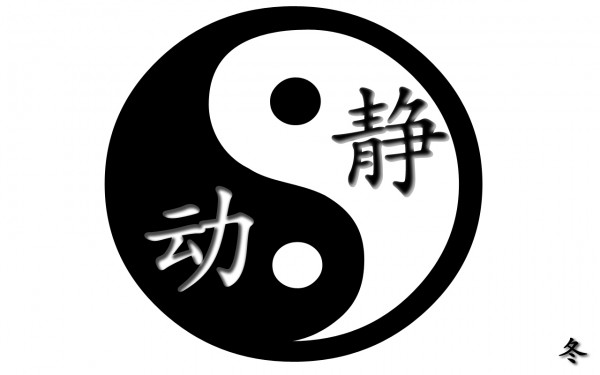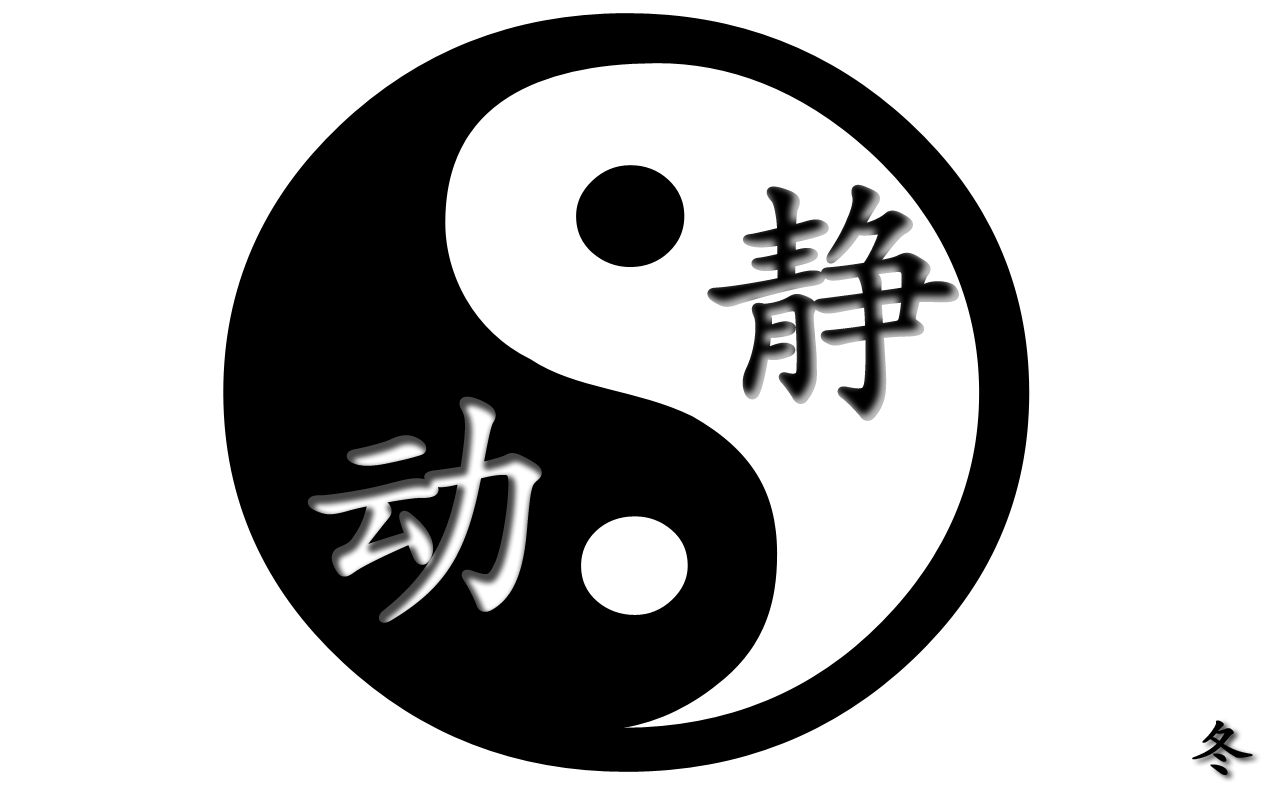
Being a restless person, I always feel the need to do something. I recently read a quote by Abraham Lincoln: “And in the end it’s not the years in your life that count. It is the life in your years.” It sort of provides a nice rationale (or excuse) for my restlessness. But like all the other mortals, I need rest, a fact acknowledged with some reluctance.
In The Sign of The Four, Sherlock Holmes said: ” One of our greatest statesmen has said that a change of work is the best rest. So it is.” (The statesman is William Gladstone, a former prime minister of UK in late 18th century, at the peak of its industrial empire.) In the novel, Holmes was having difficulty finding the criminal’s hiding place, so he turned to his chemistry experiments for a change of mind. Although Holmes is a fictitious character and his non-sleep working mode could be unrealistic, I think the idea of taking a rest by changing work is tantalizing because it hints at a way of achieving more with less, time-wise.
But does it really work? My experience points to the question what constitutes a “change”. I divide activities into two broad category: physical and mental. There is only so long that I can continuously do one activity without feeling fatigue. For the mind, it is mental drain; for the body, it is the muscle pain. After all, it is necessary for the mind to contextualize what is learned and for the body to repair and to rebuild. There are finer divisions within each of these two broad categories. For physical, there are flexibility, strength, and endurance exercises. All are related, but exercising one does not tire you from doing another. In fact, it is always good to change from one type of exercises to another from time to time. Likewise, mental activities can be put into quite a few divisions. Different people will probably divide them differently; mine are analytic/logical, emotional/spiritual, creative/expressive work. Each division requires exercising a different part of the brain, so in principle, one can switch between each of those tasks without getting tired.
Those are theories; real activities, particularly work projects of any sort, do not fit nicely into one division. What’s more, a change of work is quite often a result of hitting a deadlock, rather than a result of a voluntary change of mind, as in the case of Holmes and in numerous occasions of mine. These temporary frustrations accelerates fatigue. Fatigue can in turn tamper the quality of one’s judgement, undermine one’s emotional stability, reduces one’s stress resistance, and ultimately leads to more frustrations. It is a downward spiral that one has to avoid.
The important lesson, I have learned, is to realize exactly what fatigue can do to the body and the mind, to be alert when it happens, and to be able to stop and voluntarily rest or change activities before the downward spiral starts. This, I believe, is the art of resting.
